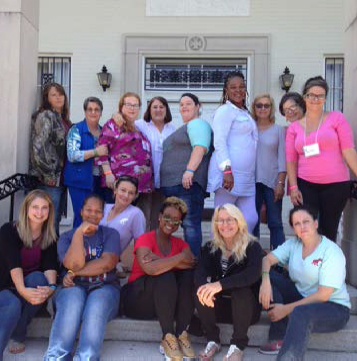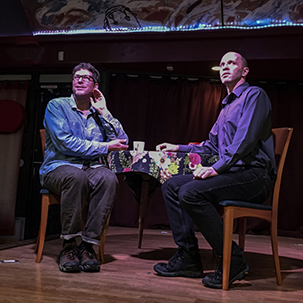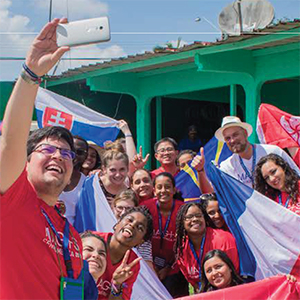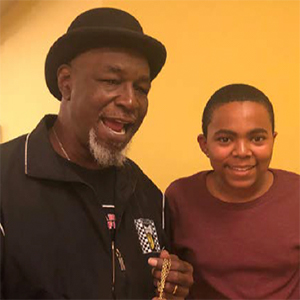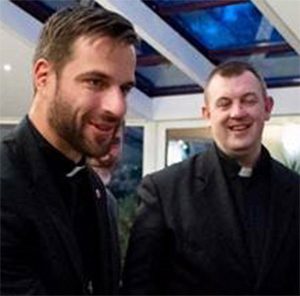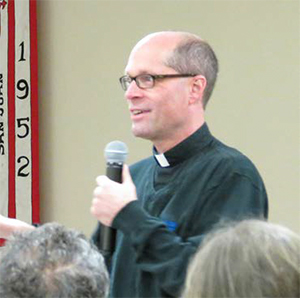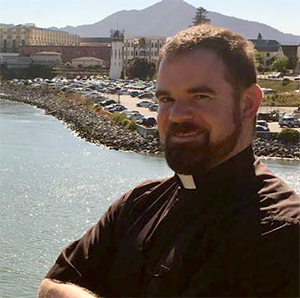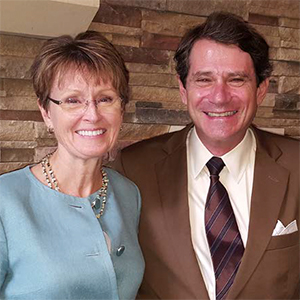
By Ben Gartland, communications specialist
Deon Taylor was a fourth grader attending a public elementary school on Chicago’s West Side when he saw a flyer advertising the new Chicago Jesuit Academy (CJA)—a full scholarship middle school for young men from modest economic backgrounds on the West Side. He applied and was accepted into the fifth-grade class the following year.
It was a completely different atmosphere.“The teachers actually cared about you and what was going on at home,” Taylor said. “I felt a lot safer. I felt like the teachers were invested in me. I just felt like I could be myself and could grow up to be who I wanted to be.”
The small class sizes, extended school days, and 11-month academic year helped prepare Taylor for high school. He was accepted at Loyola Academy, a Jesuit preparatory school in Wilmette, Illinois. Wilmette, 16 miles from his home, is a long physical distance but a longer economic distance. Because of this, he was introduced to Christine and Matt Botica. The Boticas were founding benefactors and volunteers at CJA, and their home was near Loyola Academy.
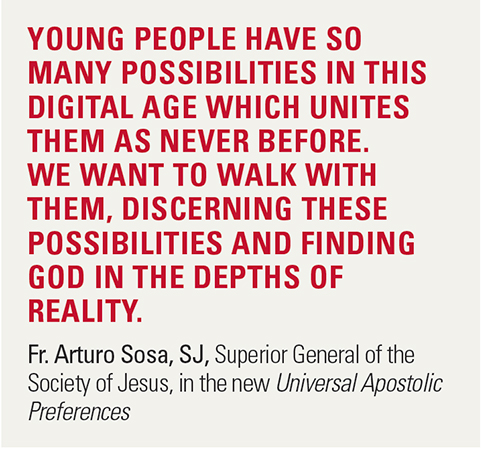
According to Taylor, that connection quickly went to “whatever you need, I’m here to help. I just want to see you succeed.” The Boticas became “like second parents” to Taylor. They mentored him at Loyola Academy and provided a place to stay on weekends for him and his classmates. That way, they wouldn’t have to travel back to the West Side on late nights following school dances or sports practices.
“It’s amazing how people who don’t even know you that well, people who have no interest in getting anything from you can be so kind and invested in your life,” Taylor said. “They were just one of God’s angels sent to me to help me out at a young age.”
When the Boticas first started connecting with these Loyola students from CJA, they never could have imagined the relationships that would form. Christine and Matt had been angels sent to the boys, but the boys had also been angels sent to Christine and Matt.
“It was a very enjoyable period those few years when the boys were at Loyola,” Matt Botica said. “We were very close and did a lot of great things.”
Soon enough, the Boticas were spending time attending sporting events at the high school, taking the boys out to eat and talking about life, and getting to know the boys’ families personally. It was through forming these relationships with the boys that the Boticas’ eyes were opened to new perspectives about obstacles the kids from CJA faced.

“We were just happy doing what we were doing—living on the North Shore—and we really weren't touched by anything,” Christine Botica said.
“Then when the boys actually started coming to the house, it brought it to a totally different level of clarity and understanding.” The Boticas’ work at CJA had truly come home with them.
By the time Taylor and his classmates went to college, both they and the Boticas had been profoundly impacted by this connection, this beautiful gift of time.
“That relationship blossomed into something you wouldn’t normally see from people coming from two different backgrounds,” Taylor said. “There is no amount of words that I can say or things that I can do to express my gratitude for them.”
Both Taylor and the Boticas acknowledged bumpy roads along the way, including the usual issues of adolescence, societal obstacles, and the absence of a mentoring roadmap. Still, Taylor went on to earn a bachelor’s degree from Southern Illinois University Carbondale and now works in business development in Chicago. And his “second parents” are grateful too.
“You can’t imagine what you can do for the young man or young woman you mentor,” Matt said. “This may sound trite, but ultimately you’ll get as much or more out of it as they do.”
